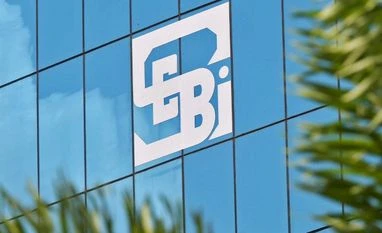The IT service provider would be contracted by Sebi for a period of three years, which can be later extended for six years.
As per information available on its website, the Securities and Exchange Board of India has begun the process to rope in an IT service provider for monitoring of its IMSS (Integrated Market Surveillance System) network through a Network Monitoring Centre that would operate on a 24/7 basis.
Also Read
The IT service provider would need to monitor this network on a daily basis and would be required to have a highly competent Security Monitoring Operations Centre, which would operate on a 24/7 basis.
This security monitoring operations centre would be used for remote monitoring of security and surveillance infrastructure of IMSS, provide periodic security status reports to Sebi and real-time status reports through an online facility.
Listing out qualifications required, Sebi said that only those companies would be eligible that have been in the business for at least ten years, have a minimum net worth of Rs 100 crore in last three years and a workforce of 15,000 personnel or more.
The service provider would need to deploy its qualified resident engineers at Sebi's IMSS data centres, as also for managing various other network systems.
The move is aimed at helping Sebi in its efforts towards a stronger continuous monitoring of manipulation attempts in the stock market and analysis of daily transaction data.
The IMSS system has also proved very useful in situations of high volatility and the times when the attention is mostly focused on major market-moving developments.
The market manipulators tend to be more active in these situations, thinking that the oversight machinery would be mostly focused on monitoring issues like risk-management systems and proper settlement of payment obligations.
The system collects transaction and master data from stock exchanges and depositories on a daily basis to generate alerts for predefined market manipulation scenarios.
It also provides data analysis and benchmarking tools, which are used in various policy decisions of the Sebi.
)